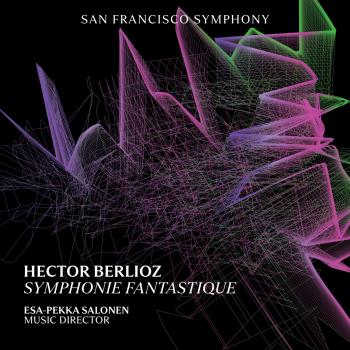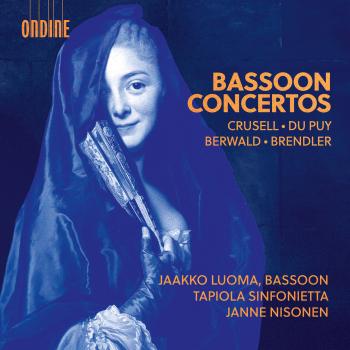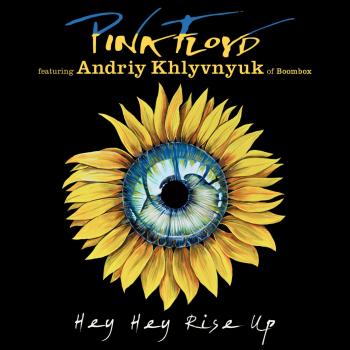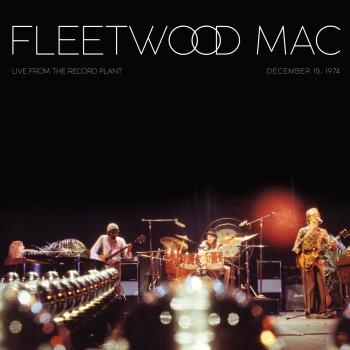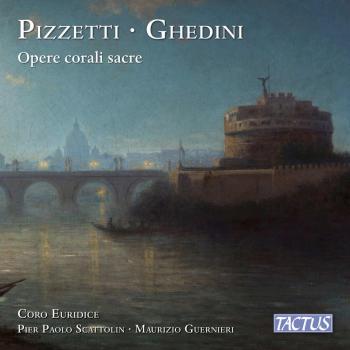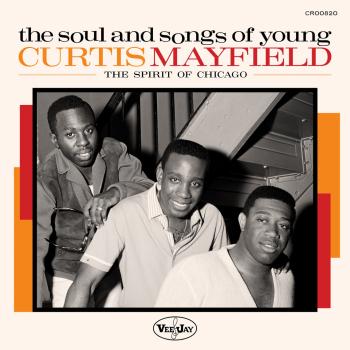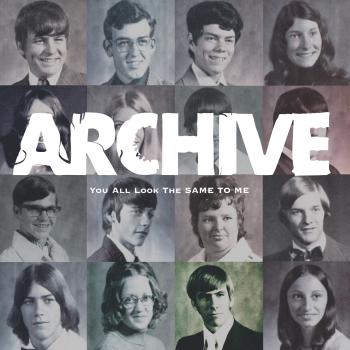
Les Égarés Sissoko, Segal, Parisien, Peirani
Album info
Album-Release:
2023
HRA-Release:
31.03.2023
Album including Album cover Booklet (PDF)
- 1 Ta Nyé 04:30
- 2 Izao 08:21
- 3 Amenhotep 05:15
- 4 Orient Express 05:52
- 5 La Chanson des Égarés 07:00
- 6 Esperanza 03:46
- 7 Dou 06:09
- 8 Nomad's Sky 05:10
- 9 Time Bum 02:36
- 10 Banja 05:41
Info for Les Égarés
Les Égarés is more than a record. It’s play space, a locus of musical life, a poetic asylum inhabited by two twosomes who for years have excelled in the art of crossfertilising sounds and transcending genres. They are Ballaké Sissoko (kora) and Vincent Segal (cello) on the one hand and Vincent Peirani (accordion) and Émile Parisien (sax) on the other.
In the case of these magicians, 2 + 2 no longer makes 4, it makes 1. Because what they concoct is most definitely a unity of spirit, a single and fluid sound that disdains all forms of egotistical competitiveness and puts each participant at the service of a common musical good. Neither jazz, nor trad, nor chamber, nor avant-garde, but a bit of all of them, all at once, Les Egarés is the kind of album that makes the ear the king of all instruments, an album where virtuosity expresses itself in the art of complicity, where the simple and grandiose idea of listening to one another results in the birth of a splendid song with four parts.
It all started with a summit meeting – high on a hill overlooking Lyon. That night in June 2019, at Les Nuits de Fourvière Festival, everyone was preparing to celebrate the 15th anniversary of the NØ FØRMAT label in a beautiful setting of Roman stones under an open sky. Vincent Segal played the role of master of ceremonies and held a kind of musical salon, gathering together guests of choice, among whom were Ballaké Sissoko, Vincent Peirani and Émile Parisien. The participants signed a pact: rehearsing must never take precedence over anything that showed signs of being a moment of spontaneous creation. But how to reign in such inspired musicians, all of them enlivened by this desire to converse in music? That afternoon, in an arbour that shielded them from the hot sun, they started to jam, just for the beauty and pleasure of it, and the music just flowed like a spring, fresh and limpid. It was the memory of this spontaneous outpouring that gave rise to the idea of forming a quartet of Egarés (‘those who have gone astray’). And that’s what the recording of the album felt like too: a spontaneous sharing of impulse and know-how.
Only one promise couldn’t be fulfilled, one long held dear by Vincent Segal, and that was to record in Bamako with his accomplice Ballaké Sissoko, as the pair had previously done for their debut Chamber Music. The extreme tension that currently holds sway in Mali scuppered this dream and, in the end, the four musicians set up their creative workshop in the alpine town of Gap. Outside, the weather was unpredictable; in the studio, the sun came out almost immediately.
But it wasn’t a bland unchanging beauty: from the first notes, everything was volatile, in motion, vibrating. No surprises there: none of these four free stylers likes to be imprisoned, whether it’s in a particular role, or in a particular style or sound to which their instrument could so easily be confined. Each bought a few rough diamonds along in their knapsack and submitted them to the group.
Tempered by that common fire, in the natural crucible of a live acoustic setting, those gems took on a new form, sublimating themselves and soon providing the material for an authentic and communal trove of music–musical gold in fact, melted down into a singular alloy of tones, touches, breaths and phrasings, that starts with a motif in unison that straightway spells out the basic alchemical formula.
Take ‘Ta Nye’ and ‘Banja’, marvels of the Manding canon that act like markers for the start and finish lines of the course taken by Les Egarés: two kora tunes that the counterpoint and echoes of the other instruments enrobe and subtly displace, with that commitment to softness, that care to accompany as closely and precisely as possibly that’s the prerogative of experienced musicians. Just listen to Emile Parisien’s madly airborne introduction to ‘Banja’. A scent of Armenia clothes the first few measures of ‘Izao’, a piece that slips and slides in the direction of Transylvania via Turkey, seemingly orchestrating a disconcerting marriage of kora and Bartok in certain passages, all underpinned by a throbbing bass. ‘Amenhotep’ sets off a slow but sure ascending spiral, a Coltrane-like trance that elevates the interlocking breath of accordion and sax. Around the melody of ‘Dou’, as if guarding a fire, each of the four men take it in turn to preserve the memory of an ancestral blues, giving it the heady swaying feeling of a lullaby. ‘Nomad’s Sky’ opens with majesty and mystery, like a plant with intoxicating scents, everything required to overwhelm the senses present in the obstinate veins of the bass, played on a cello, and the progressive deployment of the instrumental motifs. ‘La Chanson des Égarés’ derives from those irresistibly cadenced melodies that buzz inside you when, according to Vincent Segal, ‘you walk without knowing where you’re going, letting yourself drift and giving into the pleasure of being lost,’ – a pleasure that, all on its own, aptly sums up the philosophy of this record.
Ballaké Sissoko, kora
Vincent Segal, cello
Emile Parisien, soprano saxophone
Vincent Peirani, accordion, accordina
Sissoko Segal
After the success of Djourou, the Malian virtuoso returns for an intimate tête à tête with his kora – intimate yet simple and majestic.
On his last album Djourou, Ballaké Sissoko explored new horizons by inviting musicians as varied as Salif Keita, Arthur Teboul (Feu! Chatterton), Camille, Oxmo Puccino, Vincent Segal and Patrick Messina, Piers Faccini to collaborate with him. The highly praised release was a demonstration of the art of musical conversation, Ballaké style, that plaited new strands into the long cord or ‘djourou’ that links him to other musicians and to the history of the kora. There’s no doubt that Ballaké owes his taste and talent for the musical encounter to his consummate listening skills. But they’re also the fruit of the long conservations he never tires of having with his own instrument.
During these strange and paradoxical ‘solitary dialogues’, he makes his kora speak and reacts to the emotions it arouses in him, letting his imagination and his fingers fly off to landscapes that are both magnificent and unknown. It’s there that his qualities as an improviser can be accurately measured, qualities that he began cultivating long ago in the shadow of the venerable elders of the Instrumental Ensemble of Mali, when he was still a young boy. Taking time off from the Djourou sessions, Ballaké recorded these eight instrumental pieces in the intimate confines of the Chapelle Sainte-Apolline in Belgium. Together they proclaim, without need for further evidence, the heights of mastery and freedom that this discreet giant of global music has scaled in his forty-year-long career.
Though two of the pieces also feature on Djourou, the new album gathers together all eight of them in a musical conversation between a master, made of flesh and spirit, and his ‘double’, made of string and wood. It’s a captivating, intimate and authentic testament, recorded in one afternoon, in which Ballaké takes us on a journey, a meandering trip full of majesty that borders on the sacred and touches serene meditative uplands as well as plains criss-crossed by Manding warriors straight out of the epics of a country of whom they are the pride. Ballaké is that country’s best ambassador. He was recently invited by the famous COLORS studio in Berlin to play ‘Nan Sira Madi’, the song that opens the new album. As for the title ‘A Touma’, take it to mean ‘this is the moment’: the moment for Ballaké to share the fruits of his maturity, and for us to discover and be blown away.
Parisien Peirani
Like all popular music, jazz is associated with strong personalities. International recognition of accordionist Vincent Peirani rests on that essential, fundamental quality. His musical charisma, his very distinctive creative skills, his unique approach to his art – all of which are the fruit of a very open, unblinkered attitude – strike the listener immediately.
After brilliant studies in classical music (many international awards), his dive into the world of jazz received the seal of success from the start and was crowned at the Victoires du Jazz in 2014 (“Revelation”) and 2015 (“Artist of the Year”). Vincent Peirani has the ability to turn everything he touches into gold: in jazz, of course (his own projects, but also collaborations with Daniel Humair, Michel Portal, and others), but also in chanson (Sanseverino, Les Yeux Noirs), film music (composer for Mathieu Almaric’s Barbara in 2017), and so on. Whatever the style, the public follows: in his performances, he creates a balance between the relatively straightforward (inventive revivals of well-known themes) and a blessed unexpectedness, with art music and popular music very close to each other, a sign of great artistry.
The man who, ten years ago, completely renewed the language of the accordion (and continues to do so) has become a major artist, whose uninhibited, cosmopolitan view of music and sense of instrumental combination and colour, enable him to bring that rare and precious magical touch to everything he does.
Booklet for Les Égarés


